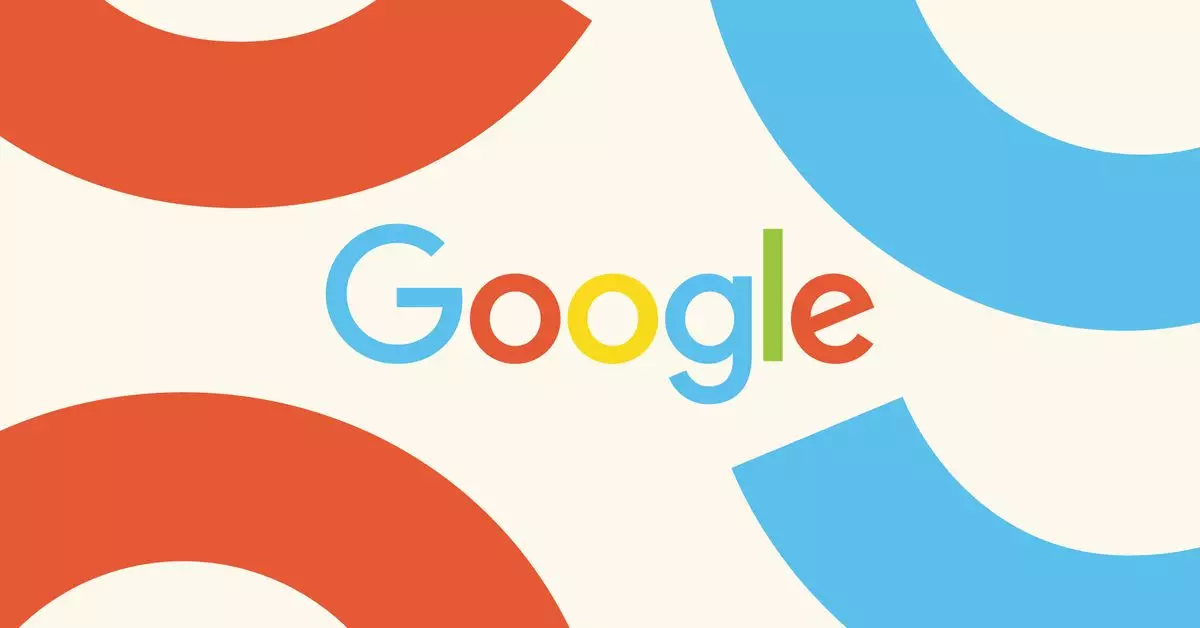In a decisive move aimed at preserving the integrity of the electoral process, Google has announced that it will prohibit any advertisements related to the US presidential election once polls close on November 5th. This initiative isn’t new; it harks back to a similar ban that the tech giant implemented during the 2020 elections. The recurrent nature of this policy demonstrates Google’s commitment to mitigating misinformation and confusion following election day.
The company cites the need to act “out of an abundance of caution,” noting the complexity surrounding the counting of ballots that may linger beyond Election Day. This sensitivity to the electoral process underscores a broader recognition of technological platforms’ significant influence on public opinion and the potential risks associated with spreading unchecked information in the hours and days following the vote.
Reflecting back on the tumultuous 2020 presidential election helps illuminate the rationale behind Google’s current policy. That election saw an unprecedented surge in mail-in ballots prompted by the pandemic, resulting in a prolonged verification period for results. In some instances, it took several days for the final count to confirm President Biden’s victory, revealing how pivotal accurate information and transparency can be during such critical times.
In this context, the decision to limit advertisements that could sway or confuse voters post-election serves as a proactive strategy to prevent further discord and disinformation. In an era when the dissemination of information is instantaneous, Google’s restraint can be interpreted as a safeguard for democracy itself.
It’s important to recognize the broader implications of Google’s decision within the landscape of political advertising on digital platforms. Meta, formerly known as Facebook, is adopting a similar approach, blocking new political ads during the final week of the election campaign—a tactic also employed during the last election cycle. This collective stance from major tech firms highlights a growing awareness of their responsibilities as conduits of information.
Moreover, as Meta demands transparency from advertisers by requiring them to disclose any AI-driven manipulations in their ads, there’s a discernible push towards accountability. This reflects a strategic pivot towards ensuring that users receive authentic and reliable content, raising important questions about the role technology companies play in shaping public discourse.
As we move closer to the upcoming election, the measures enacted by Google and other platforms signify a critical step towards reinforcing the integrity of the democratic process. By imposing a ban on political ads post-election, these tech giants not only aim to protect against the chaos that accompanied the last election but also highlight the need for vigilance in the digital age.
Ultimately, the responsibility of preserving democracy lies with both the governing bodies and the tech companies that facilitate communication and information exchange. As they reflect on the past and implement policies for the future, it becomes increasingly clear that a collaborative approach will be vital in fostering an informed electorate and safeguarding the democratic ideals that underpin society.


Leave a Reply